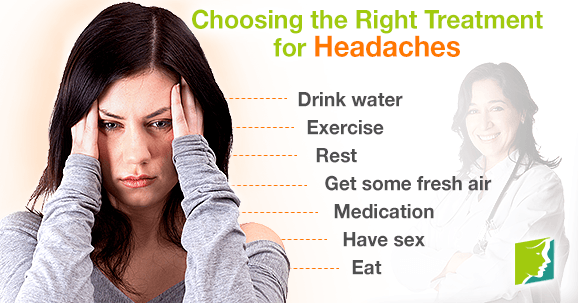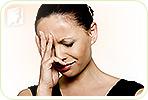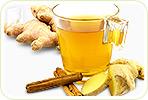Headaches are one of the most common complaints among adults, affecting an estimated 45 million Americans. Headaches are caused by the constant dilating and constricting of blood vessels in the scalp, and they can range from mild tension headaches to severe migraines. Women are five times more likely to experience headaches than men, which can be linked to the fluctuations of estrogen and progesterone experienced during menstruation, pregnancy, and menopause. There are several beneficial treatments for headaches, and it is helpful to try out different methods to see which works best for you.
Treatments
Picking the right treatment for headaches involves weighing the pros and cons for each. Several treatment methods can also be combined depending on your pain level and personal situation.
Drink water
Dehydration is a leading cause of headaches, so it is vital to drink plenty of water throughout the day. Staying properly hydrated can help boost energy levels and also reduce the frequency and intensity of headaches.
Exercise
Exercising often provides countless health benefits, including increased energy, improved mood, and reduced stress. Endorphins are released during exercise, causing that feeling of a “runner's high”. These feel-good neurotransmitters work quickly, stopping headaches by blocking pain messages from reaching the brain. Yoga, walking, and swimming are all excellent low-impact workouts that can help ease inflammatory pain and prevent headaches.
Rest
When you feel a headache coming on, it can be helpful to lie down in a dark, quiet room for a while, as bright lights and loud noises tend to worsen headache symptoms. Placing a cold damp cloth or ice pack on your forehead or back of your neck can help lessen the pain.
Get some fresh air
Going outside and taking a walk can help relieve headaches and providing an energy boost. If it is sunny, wear sunglasses or a hat to prevent further pain and aggravation.
Eat
Avoid skipping meals, which causes blood sugar levels to drop and subsequent headaches. Eating healthy meals plus small snacks throughout the day helps boost energy and prevent headaches. Try to incorporate fruits and vegetables, essential fatty acids, and protein into your daily diet.
Have sex
This unexpected treatment has been scientifically shown to help ease headache pain. A study conducted by scientists at the University of Munster, Germany, was recently published in the journal of the International Headache Society. It analyzed the effect that sex has on headache pain. They found that serotonin is released during sex, creating an all-over feel-good sensation that kills pain fast.
Medication
If all else fails, try over the counter medicine like aspirin, ibuprofen, or acetaminophen. These drugs help stop the headache in progress, and are also referred to as “acute treatment”. If these over the counter medications are not strong enough, talk to your doctor about prescription pain medication.
Headaches are one of the most common complaints among American adults. Headaches can range from dull, nagging pain, to unbearable migraines. There are several beneficial headache treatments that are inexpensive and easy to do at home. It is important to try out different treatment options to see which works best relative to your pain level.
Sources
- Hambach, A. et al. (2013). The impact of sexual activity on idiopathic headaches: an observational study. Cephalalgia, 33(6), 384-389. doi: 10.1177/0333102413476374
- Mayo Clinic Staff. (2012). Chronic daily headaches. Retrieved November 27, 2014, from http://www.mayoclinic.org/diseases-conditions/chronic-daily-headaches/basics/symptoms/con-20025386
- National Health Service UK. (2014). Migraines - causes. Retrieved November 27, 2014, from http://www.nhs.uk/conditions/migraine/pages/causes.aspx




